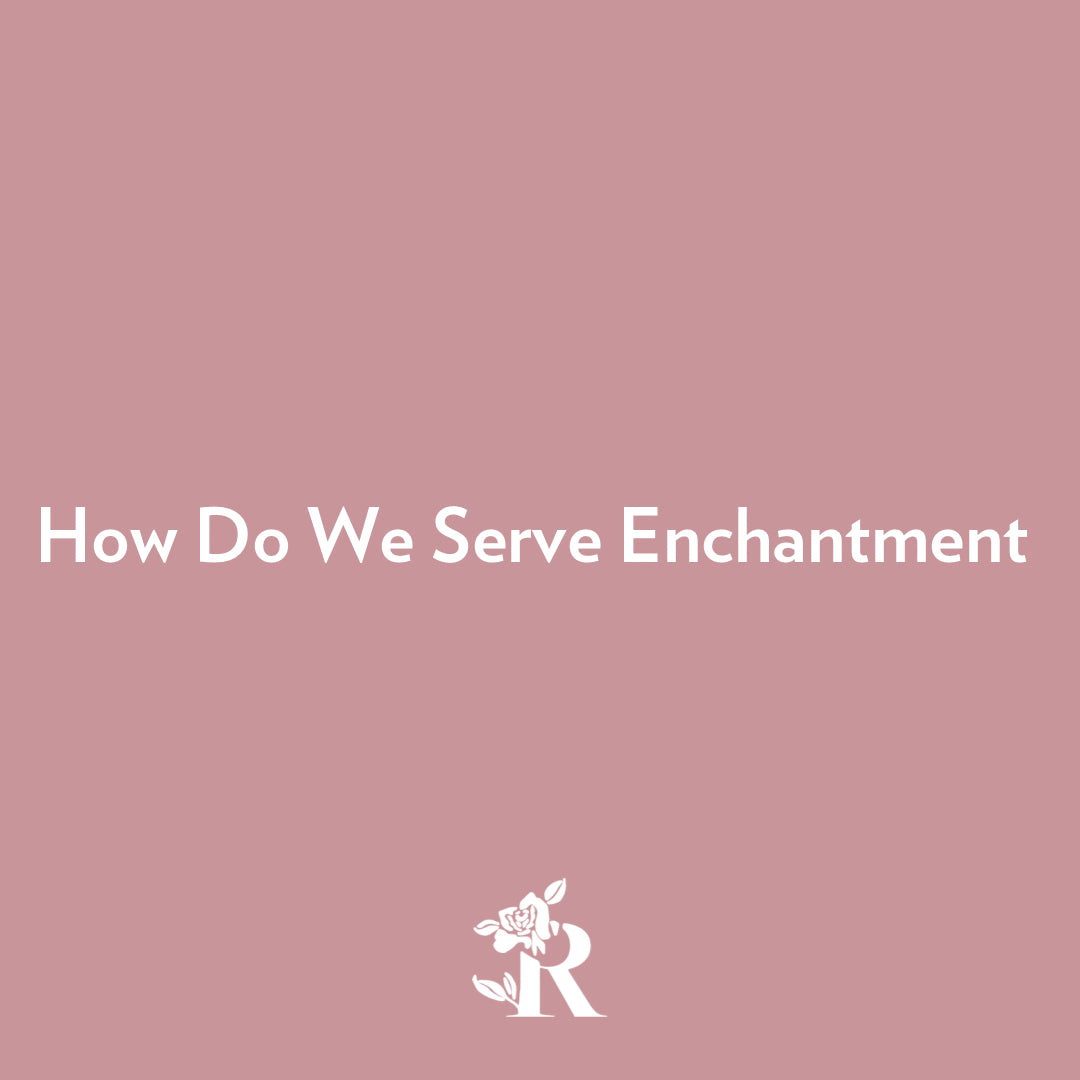How Do We Serve Enchantment
Seeing things as enchanted isn’t just a nice-to-have, or an ephemeral moment of joy. It’s a way of seeing that, for me, is a vital part of staying connected to the wonder of life. Beauty and magic make us fall in love. As my friend Louie Schwartzberg says,
"We protect what we love."
This simple insight is the basis for spiritual ecology: enchantment is a necessary part of the cure for the degradation of, and separation from, nature. This applies to our own health and happiness, too: our mental health crises mirror our ecological crises. If we are not in love and enchanted with life, it’s all a chore. We humans live on Earth thanks to a wondrous combination of circumstances. Consider this: the Earth’s molten core creates the perfect gravitational pull so that we have an atmosphere. Without the core being exactly as it is, the atmosphere would evaporate into space.
Humans are perfectly attuned to breathe here, as the plants are perfectly attuned to photosynthesize. We are bathed in the constant nourishment of the light and heat we receive in diurnal cycles from the sun. We are nested in a perfect soup of ecosystems, of field and ocean in perfect balance: a magical place where food literally grows on trees. I mean, trees themselves are miraculous! And seeds! And children! And the way raindrops create a prism, or the way a cello playing low and deep can vibrate our cells and bring us to our knees.
All of it is precious.
The blooming night jasmine, the rare orchid, as well as the dandelion and the tumbleweed. The grand vista, and the neighborhood park. So when I say “reverence,” I don’t mean some rarefied, deified, hierarchical external definition of what is worthy of our honor
and attention. I mean living in such a way that we see all of life as worthy of our deep respect— even our awe.
One word that gets little attention these days is “humble.” Humility is from the Latin humilitas, alternately translated as “grounded.” It has the same root as the word humus, or earth—and as the word human. Humble isn’t lowly, or playing small, it’s a willingness to see all the world as interdependent and to act from that awareness.
Humility is a practice of bowing down, in wonder and gratitude, to the infinite complexity and surprise of the manifest world. It includes devotion, surrender, the willingness to not know, the willingness to be wrong, and the willingness to be part of nature. This awareness isn’t always present. If I get jaded or routinized or hurried, or if I don’t pause, the sense of magic can fade. Modern life can be a kind of a sensory and psycho-emotional bludgeon! It moves so fast, with so many inputs.
Modern culture rarely syncs with our biology. We push through all kinds of experiences, barely pausing. Maybe we are waiting for a day to process and feel. To walk in the woods, sleep in, or take a long pause; to go on retreat or on vacation. But a vacation, as one of my teachers says, should be for play and expansion, not a correction to your life.
If we need a vacation just to recover from daily living, it might be time to reconsider our choices. Enchantment and magic are also, at their core, creative. Creators can break spells and make spells. Being able to enchant the world unwinds old ways of seeing and makes space or new ideas to grow.
It is a kind of magic to be able to see a world that does not yet exist, and to paint that picture for others. Magicians (and creative innovators of all kinds) take away old concepts, and replace them with new inspirations. The poet and mythologist Lewis Hyde wrote: “tricksters make the world.”
My friend John Shiva goes a step farther: he says that magic is the basis for ALL things. “Although we try to explain many aspects of the universe through science, it is in its very essence, magical. The more that you observe the universe as being magical, the more you will start to see things such as synchronicities. The more tuned in you get to it, the more that you’re able to effortlessly manifest magic in your own life.”
In a world obsessed with the measurable, with facts and figures and numbers, it sometimes takes practice and intention to bring the magic back into focus. We do this by cultivating a kind of receptivity to it. We harmonize with this omnipresent universal orchestra and know that we are, as my friend Katie Roper says, “simultaneously both playing our part and also surrendering to the whole.”
For all of this to happen, we might need a complete revolution in our interior space, one in which we start to see ourselves as intricately intertwined with all of nature. I might say, “I am the Earth and it is me. I am not better than it, nor above it, rather utterly and completely dependent on it.” When I stop trying to be in mastery, I can allow for the mystery, for the not knowing, and return to the deep listening that allows me to live better as part of the community of all beings.
The above is an excerpt from our book "Reverence: Creating Ritual in Modern Life."






















